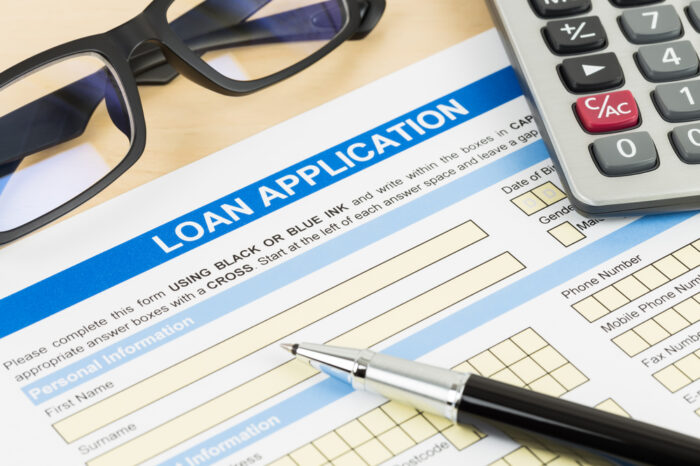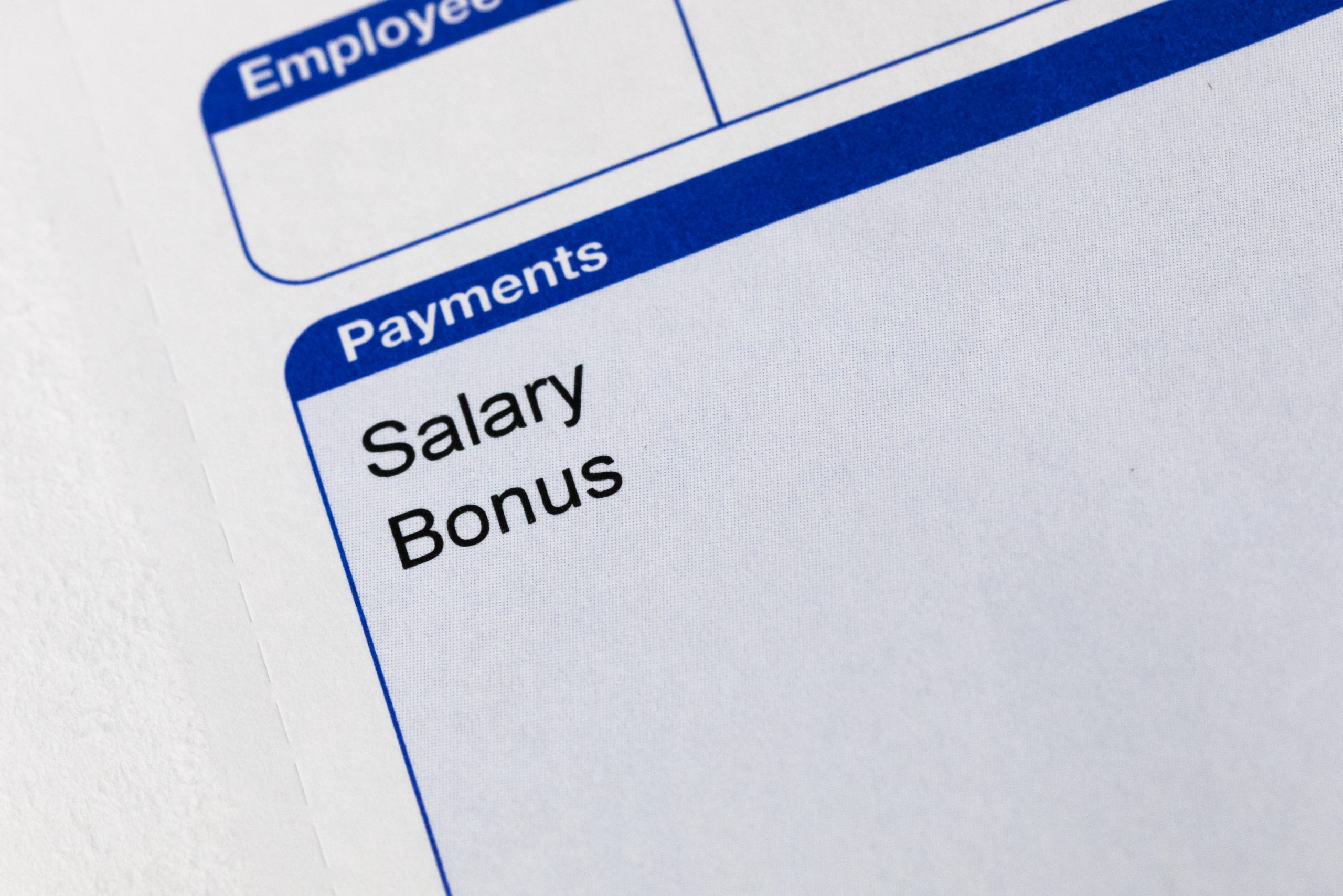Millions of Brits with personal loans could be overpaying thousands of pounds in interest due to a lack of transparency from their bank, a credit score company finds.
This is because banks are only required to provide just over half (51%) of their customers with the advertised offer of a loan. If a customer has a poor credit rating, the bank doesn’t need to offer the advertised rate.
Also, as providers aren’t required to tell customers if they’ll be accepted for a product before applying, customers can continue to apply and get rejected due to a poor credit rating.
Lenders need to conduct a ‘hard search’ to see if the loan is affordable for an applicant, which leaves a record on your credit file.
So, the more times an applicant continues to search for a suitable loan, they may continue to reduce their credit rating, which may see their application rejected or with thousands of pounds’ worth of extra interest charges.
A third of personal loan applications rejected
Indeed, over a third (31%) of personal loan applications have been rejected in the last two years, and almost seven million adults have avoided applying for a financial product due to eligibility worries.
Meanwhile, the difference in paying back £3,000 could be up to £2,499, according to Totally Money’s study. That figure shoots up to an extra £3,942 for a £5,000 loan.
For a £10,000 loan, a poor credit rating could mean you pay an extra £13,541 in interest charges.
Following its report, Totally Money called on the Financial Conduct Authority (FCA) to simplify loans so they are “simple to understand, easy to compare and to offer fair value.”
Credit rating penalty is ‘harsh reality of lending’
Also, Andrew Hagger, personal finance expert at Moneycomms.co.uk, which conducted the research, said: “It’s only when you see the extra financial burden in terms of pounds and pence for having an imperfect credit record that the importance of protecting your credit file and score hits home.
“Struggling to cope with high borrowing rates can lead to a spiralling debt situation that’s difficult to escape from unless you’re very disciplined with your budgeting.”
Hagger added: “If you’ve had credit issues in the past, lenders will assess you as a higher risk of defaulting and hike the price of their products to reflect this – it may seem unfair, but it’s the harsh reality when it comes to borrowing money.”
Below are tables, courtesy of MoneyComms.co.uk and Totally Money, to show the difference a credit rating can have on your loan application.
Credit score impact on £3k personal loan
| £3k personal loan, with a 36-month term | ||||
| Product
APR Score band |
Best buy
9.9% APR 575-710 |
Near-prime
31.9% 501-575 |
Subprime
49.9% 426-500 |
Subprime
69.9% APR 426-500 |
| Total repaid each month | £96.07 | £134.10 | £146.39 | £165.61 |
| Extra amount paid | N/A | £38.03 | £50.32 | £69.54 |
| Total repaid | £3,458 | £4,828 | £5,270 | £5,958 |
| Total extra amount paid | N/A | £1,369 | £1,812 | £2,499 |
Credit score impact on £5k personal loan
| £5k personal loan, with a 36-month term | ||||
| Product
APR Score band |
Best buy
7.3% APR 575-710 |
Near-prime
39.9% 501-575 |
Subprime
49.9% 426-500 |
Subprime
59.9% APR 426-500 |
| Total repaid each month | £154.54 | £223.50 | £243.98 | £264.03 |
| Extra amount paid | N/A | £68.96 | £89.44 | £109.49 |
| Total repaid | £5,563 | £8,046 | £8,783 | £9,505 |
| Total extra amount paid | N/A | £1,369 | £3,220 | £3,942 |
Four tips for loan applications
Alastair Douglas, TotallyMoney CEO, provides four tips to consider when you make a loan application.
- Check your credit report
Checking your credit report can give you the boost you need to move your finances forward. It’s free to do, and you’ll have access to your own personal data — the same information that banks use when choosing who to lend to. And if you spot something that doesn’t look right, you can raise a dispute. Our data shows that people who check their report have a better score, meaning you’ll be in a better position when you apply for credit.
- Shop around
Worryingly, one in three (33%) people who applied for a loan last year didn’t shop around, with one in 10 (12%) saying, ‘I didn’t think I would get an account elsewhere’. When it comes to finances, loyalty doesn’t pay. So always do your research on what else is out there – and that way you can find the best offer for your own personal needs.
- Check your eligibility
Before applying for any credit card or loan, check your eligibility – or, even better, look out for offers which come with pre-approval. That means, if all the information you’ve provided is correct, you’re guaranteed to get the offer, meaning you can avoid being declined, and protect your credit file.
- Get the guarantees
Most people take out a loan to either consolidate their debts, or to make a large or emergency payment. So it can be really frustrating when applying for one loan amount, and then being offered another. By applying for loans that advertise a guaranteed APR, loan amount and loan length, you can apply in confidence that you’ll get exactly what you need.





